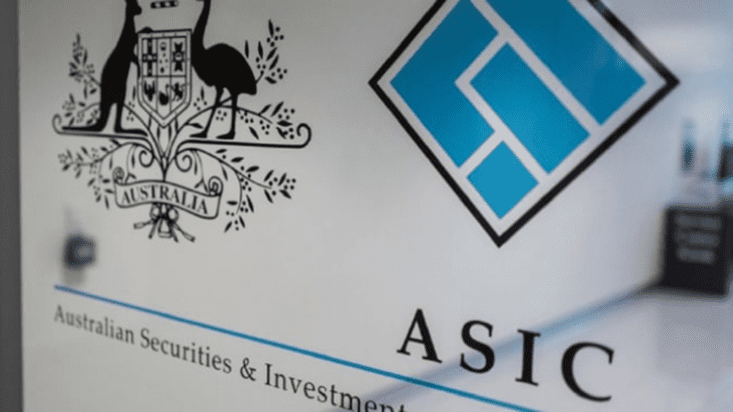ASIC sounds major warning on ‘licensee for hire’ firms
The corporate regulator has made clear its intention to go after shoddy licensees with sub par compliance practices, after proceedings against wholesale licensee Lanterne Fund Services resulted in a $1.25 million dollar fine being levied by the Federal Court recently.
In proceedings brought by ASIC, the court found that between March 2019 and October 2020 Lanterne did not have the adequate risk management systems, nor the technological and human resources to provide AFSL services. The licensee’s representatives weren’t adequately trained or competent, and it failed to take reasonable steps to ensure its representatives complied with the law, the court charged.
ASIC made no secret of its assertion that Lanterne operated purely as a ‘licensee for hire’, with its sole full-time employee, chief executive Peter Cozens, having oversight of 60 corporate authorised representatives (CARs) and within them, 205 authorised representatives (ARs).
“Lanterne authorised dozens of representatives to operate under its license – who together had up to $1.685 billion in funds under management,” said ASIC commissioner Alan Kirkland.
CARs operating under Lanterne’s AFSL included venture capital funds, managed investment schemes, agricultural advisory services, wholesale funds management services, corporate advisory services, wholesale property funds, energy trading funds, digital asset funds and climate change advisory services.
There were no financial advisory services operating under Lanterne according to the charges.
The records show Cozens typically charged a $5,000 upfront fee for licensing services, plus $3,000 per month in ongoing fees. The representatives had a combined $1.685 billion in funds under management.
“Despite charging those representatives significant fees, Lanterne failed to maintain basic risk and compliance management systems. It maintained records using a paper filing system and, as the Court noted, had only one full-time employee, its CEO and sole director, Peter Cozens,” Kirkland continued.
“These arrangements were woefully inadequate for a business of this scale and posed significant risk to investors. It is vital for the protection of consumers and investors that licensees take their compliance obligations seriously, and the penalties ordered in this matter highlight that importance.”
The list of charges against Lanterne had a firm basis. Cozens admitted the group:
- did not have a formal or documented risk management system or any systems of processes in place to identify, assess or mitigate risks,
- was reliant on CARs self-reporting any exceptions to compliance with their obligations and Lanterne had no formal or documented review or audit process to assess whether a representative complied with financial services laws,
- conducted no discernible due diligence on the CAR and only limited background checks on the individuals involved with the CAR,
- did not have enough appropriately qualified responsible managers with sufficient time to conduct their roles,
- did not offer or provide training to its CARs or ARs, did not require evidence or information about training, and did not maintain any records of training,
- had insufficient human resources to enable it to monitor and supervise its representatives,
- did not have an adequate IT infrastructure, IT resources plan, security management plan, IT back-up protocol or disaster recovery plan and maintained its records using a paper filing system until September 2020.
In handing down the penalty, Justice McEvoy called the breaches “serious and systemic”.
“Lanterne’s conduct fell well short of the reasonable standard of performance of an AFSL holder, which the public is entitled to expect,” the Justice said. “It failed to demonstrate competence in performing its obligations as an AFSL holder and competence in complying with its applicable statutory obligations.”










